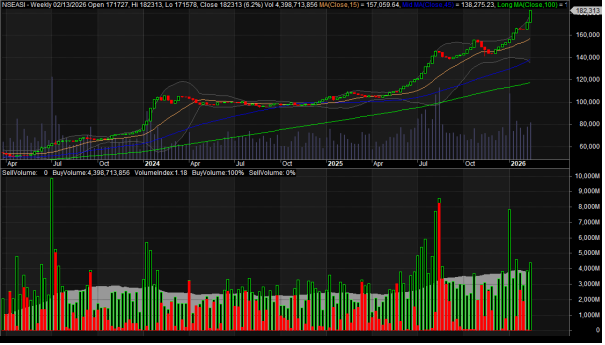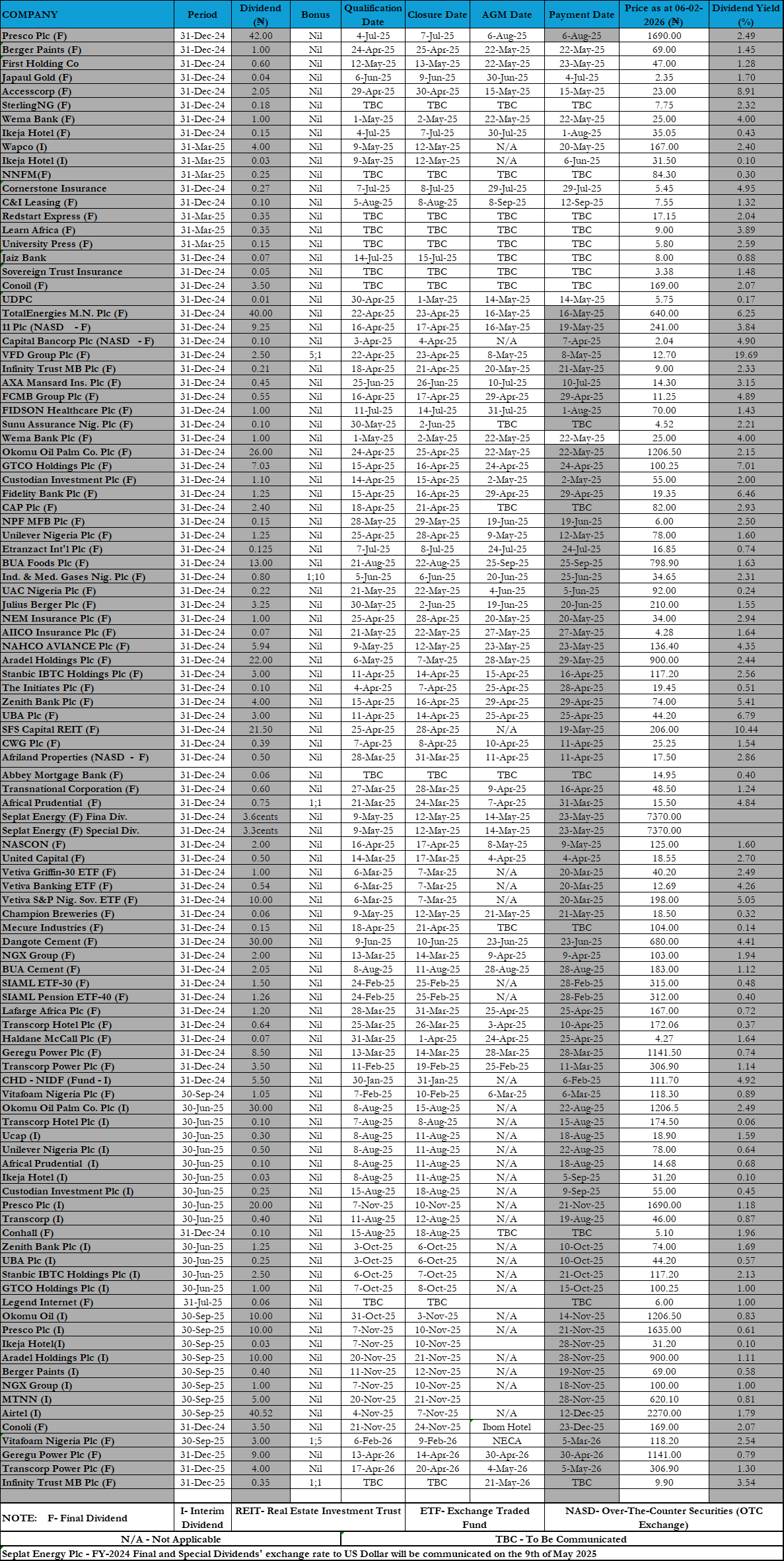
By Akintunde Oyedokun
Research Analyst
Oil prices dropped 7% Friday, marking their steepest fall in years, as China hiked tariffs on U.S. goods, intensifying trade tensions. Brent settled at $65.58, and WTI at $61.99, both posting double-digit weekly losses. Broader markets and key commodities like gas and soybeans also fell. JPMorgan raised its global recession forecast to 60%. Added pressure came from OPEC+ boosting output plans and easing supply concerns from Kazakhstan. Despite oil being tariff-exempt, fears of slower growth and weakened demand weighed heavily on prices.
Canada’s Job Market Stumbles As Tariff Uncertainty Sparks Layoffs
Canada lost 32,600 jobs in March, the first decline in over three years, with unemployment rising to 6.7%. The drop was mainly due to fewer full-time positions, as businesses reacted to U.S. tariffs by freezing hiring and cutting jobs.
Economists had expected modest gains, but trade uncertainty is now weighing heavily on the labor market. With 1.5 million people unemployed and more layoffs likely, experts say the jobless rate could climb above 7% later this year.
U.S. Job Growth Surpasses Expectations, But Trade Tensions Loom
The U.S. economy added 228,000 jobs in March, surpassing expectations, with significant growth in healthcare, retail, and transportation. This rebound followed weather-related slowdowns earlier in the year and was boosted by the return of striking workers. Despite the strong performance, rising trade tensions due to President Trump’s tariff policies have sparked global retaliation and market volatility, casting doubt on the sustainability of job growth. As businesses face increased uncertainty, future labor market gains could be at risk.
Tanzania Keeps Key Interest Rate At 6% Amid Global Trade Risks
Tanzania’s central bank maintained its key interest rate at 6% for the fourth consecutive meeting, citing stable inflation and concerns over global trade tensions. Despite the global risks, including U.S. tariffs, inflation remains around 3%, well below the 5% target. The country’s economy is expected to grow by 6% this year, with foreign exchange reserves covering imports for nearly five months.
Nigerian Senate To Discuss Tax Reform Bill After Eid, Easter
The Nigerian Senate will review the Tax Reform Bill 2024 after the Easter and Eid holidays. Key changes include tax exemptions for low-income earners, small businesses, and essential goods like food and healthcare. The bill, passed by the House, now needs Senate approval before going to President Tinubu. The reforms aim to improve Nigeria’s tax system and support economic growth.








